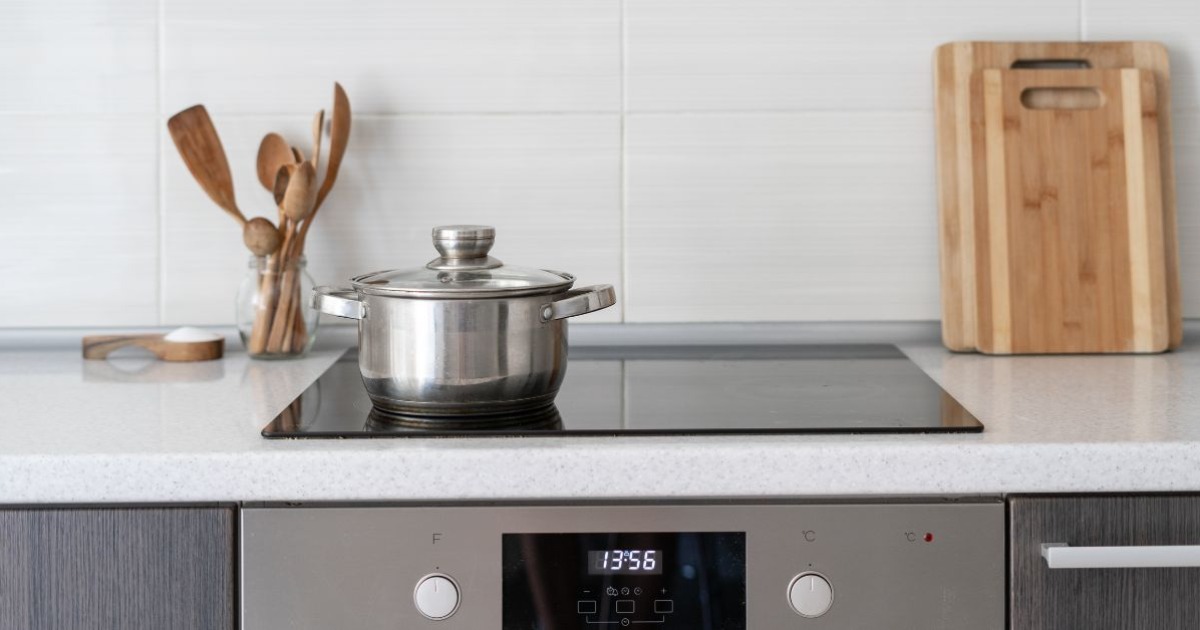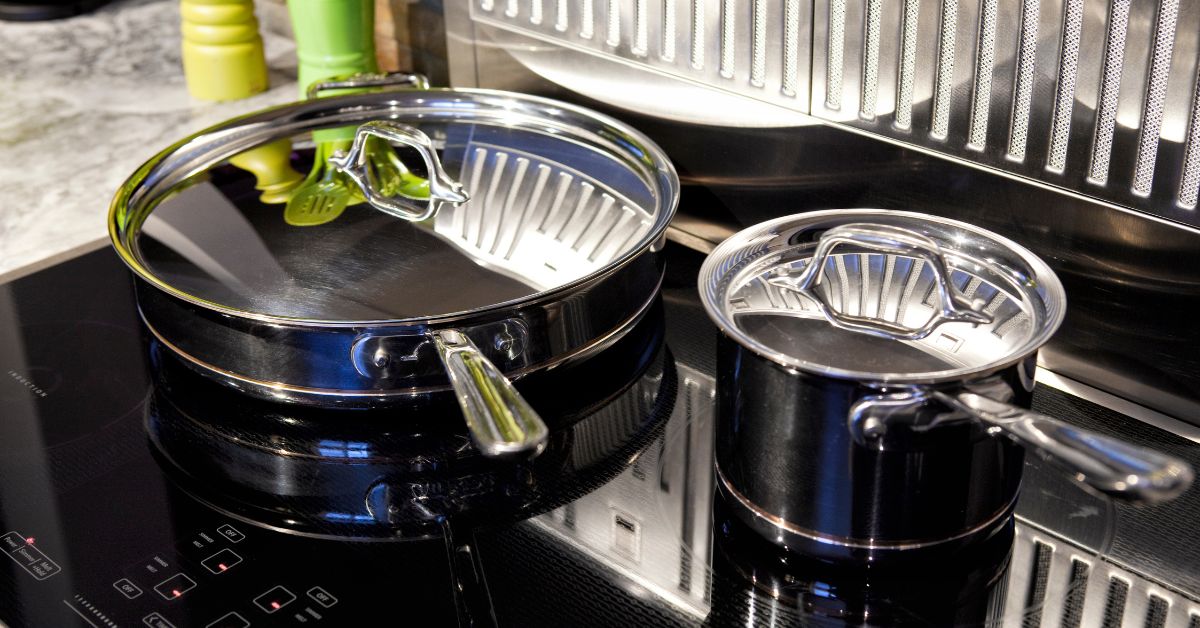Does Induction Cooking Save Energy? An Ultimate Answer!
- 12 Mar 2023 09:10
- 1339

Induction cooking has become increasingly popular over the past few years, with many of us being drawn in by its speed and convenience.
But does induction cooking save energy? We'll examine the science behind this question and explore the advantages of induction cooking.
If you're considering switching to induction cooking and want to know whether it will save you energy in the long run, keep reading to find the ultimate answer.
Does Induction Cooking Save Energy?
One of the most critical questions regarding induction cooking is whether it can save energy. The answer is a resounding yes.
No wastage of electricity and heat
Induction cooking does not use any form of gas and instead relies on an electromagnetic field to heat cookware and the food within it.
This means no wasted heat or electricity, as the energy is transferred directly from the cooktop to the cookware, resulting in energy savings of up to 70% compared to traditional cooking methods.
Regulation of heat
 Induction cooking does save energy
Induction cooking does save energyInduction cooking can regulate heat much more accurately than other forms of cooking, such as electric or gas.
This cooking generates heat directly in the pan rather than radiating from a heat source and traveling through the air.
This means that the user can adjust the heat more precisely, resulting in less energy used overall.
Auto-switch off
Induction cooktops have an auto-switch-off feature designed to shut off the oven when it is not in use or if you remove the cookware.
This helps to conserve energy and reduce the risk of accidentally leaving the oven on.
Other Benefits Of Induction Cooking
Induction cooking offers many advantages over traditional gas or electric cooktops, making it an excellent choice for any kitchen.
In addition to being energy-saving, induction cooking has several other benefits that make it an attractive option.
Safety
One of the most significant advantages of induction cooking is its safety. It offers several safety features that are not available with other cooking methods.
The cooktop remains cool to the touch, meaning there is no risk of burns or scalding.
Also, the cooktop will shut off automatically if it doesn't detect a pot or pan on the burner.
Easy programming
Many induction cooktops come with various settings and features, allowing users to customize their cooking experience easier.
With a few simple adjustments, users can achieve the exact temperature and cooking time they desire.
This makes induction cooking an ideal choice for busy home cooks, who can set and forget the cooking process, confident that you perfectly cook their meals.
Speed

Induction cooking is renowned for its speed, making it one of the most efficient.
This cooking method uses electromagnetism to heat the cookware itself directly, meaning only the cookware is heated and not the entire surface area.
This means that cookware reaches the desired temperature faster than traditional cooking methods, and energy does not waste heating the whole surface area.
Not only is this cooking method faster than conventional methods but it is also considered a safer option and ideal for those who are short on time.
No heat emitted
Another benefit of induction cooking is no heat emitted into the kitchen.
This means that your kitchen environment is much more comfortable, allowing you to cook quickly and preventing potential burns or heat-related injuries.
Easy to clean
In addition to its energy efficiency, induction cooking is known for its ease of cleaning.
The cooking surface is a flat ceramic-glass panel, so it can easily be wiped clean with a damp cloth.
This makes it an excellent choice for busy households as it reduces the amount of time spent scrubbing and the number of harsh chemicals and cleaning products needed.
FAQs
Does induction cooking use less electricity?
Yes, induction cooking is more energy-efficient than traditional cooking methods. This is because induction heating directly heats the pot or pan, not the cooktop surface.
How is the energy consumption of induction cooking and gas stove?
The energy consumption of induction cooking and gas stoves can vary greatly depending on the model and type of appliance.
Generally speaking, induction cooking is more energy efficient than gas stoves, with energy savings of up to 70%.
Conclusion
Does induction cooking save energy? The verdict is in, and the answer is a resounding yes - induction cooking does save energy.
Not only does it cook faster and with greater precision, but its energy efficiency makes it an excellent choice for the environmentally conscious.
With its convenience, safety, and energy savings, induction cooking is ideal for anyone looking to make their kitchen more efficient.
Thank you for reading!
